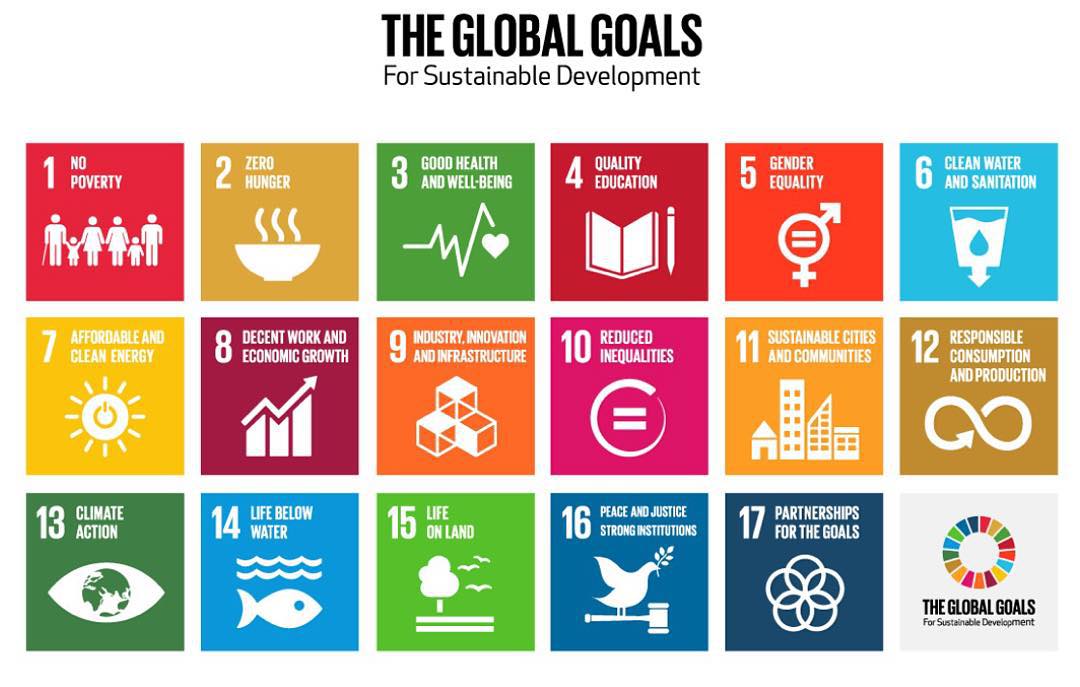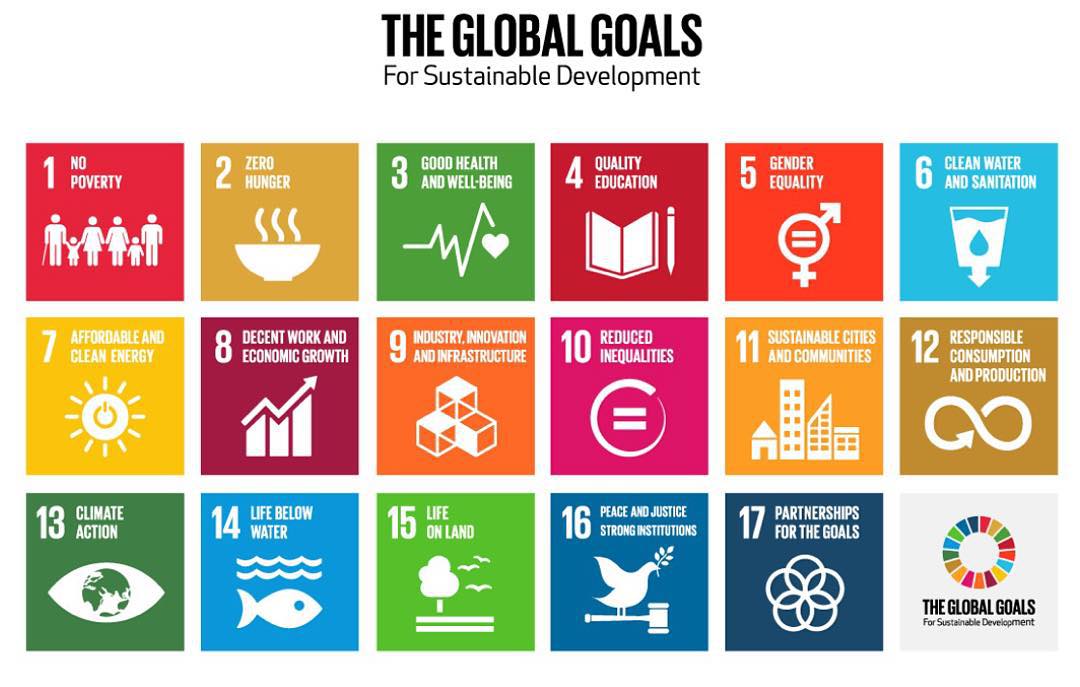4.7: Evaluating Economic Performance
- Page ID
- 1699
\( \newcommand{\vecs}[1]{\overset { \scriptstyle \rightharpoonup} {\mathbf{#1}} } \)
\( \newcommand{\vecd}[1]{\overset{-\!-\!\rightharpoonup}{\vphantom{a}\smash {#1}}} \)
\( \newcommand{\dsum}{\displaystyle\sum\limits} \)
\( \newcommand{\dint}{\displaystyle\int\limits} \)
\( \newcommand{\dlim}{\displaystyle\lim\limits} \)
\( \newcommand{\id}{\mathrm{id}}\) \( \newcommand{\Span}{\mathrm{span}}\)
( \newcommand{\kernel}{\mathrm{null}\,}\) \( \newcommand{\range}{\mathrm{range}\,}\)
\( \newcommand{\RealPart}{\mathrm{Re}}\) \( \newcommand{\ImaginaryPart}{\mathrm{Im}}\)
\( \newcommand{\Argument}{\mathrm{Arg}}\) \( \newcommand{\norm}[1]{\| #1 \|}\)
\( \newcommand{\inner}[2]{\langle #1, #2 \rangle}\)
\( \newcommand{\Span}{\mathrm{span}}\)
\( \newcommand{\id}{\mathrm{id}}\)
\( \newcommand{\Span}{\mathrm{span}}\)
\( \newcommand{\kernel}{\mathrm{null}\,}\)
\( \newcommand{\range}{\mathrm{range}\,}\)
\( \newcommand{\RealPart}{\mathrm{Re}}\)
\( \newcommand{\ImaginaryPart}{\mathrm{Im}}\)
\( \newcommand{\Argument}{\mathrm{Arg}}\)
\( \newcommand{\norm}[1]{\| #1 \|}\)
\( \newcommand{\inner}[2]{\langle #1, #2 \rangle}\)
\( \newcommand{\Span}{\mathrm{span}}\) \( \newcommand{\AA}{\unicode[.8,0]{x212B}}\)
\( \newcommand{\vectorA}[1]{\vec{#1}} % arrow\)
\( \newcommand{\vectorAt}[1]{\vec{\text{#1}}} % arrow\)
\( \newcommand{\vectorB}[1]{\overset { \scriptstyle \rightharpoonup} {\mathbf{#1}} } \)
\( \newcommand{\vectorC}[1]{\textbf{#1}} \)
\( \newcommand{\vectorD}[1]{\overrightarrow{#1}} \)
\( \newcommand{\vectorDt}[1]{\overrightarrow{\text{#1}}} \)
\( \newcommand{\vectE}[1]{\overset{-\!-\!\rightharpoonup}{\vphantom{a}\smash{\mathbf {#1}}}} \)
\( \newcommand{\vecs}[1]{\overset { \scriptstyle \rightharpoonup} {\mathbf{#1}} } \)
\(\newcommand{\longvect}{\overrightarrow}\)
\( \newcommand{\vecd}[1]{\overset{-\!-\!\rightharpoonup}{\vphantom{a}\smash {#1}}} \)
\(\newcommand{\avec}{\mathbf a}\) \(\newcommand{\bvec}{\mathbf b}\) \(\newcommand{\cvec}{\mathbf c}\) \(\newcommand{\dvec}{\mathbf d}\) \(\newcommand{\dtil}{\widetilde{\mathbf d}}\) \(\newcommand{\evec}{\mathbf e}\) \(\newcommand{\fvec}{\mathbf f}\) \(\newcommand{\nvec}{\mathbf n}\) \(\newcommand{\pvec}{\mathbf p}\) \(\newcommand{\qvec}{\mathbf q}\) \(\newcommand{\svec}{\mathbf s}\) \(\newcommand{\tvec}{\mathbf t}\) \(\newcommand{\uvec}{\mathbf u}\) \(\newcommand{\vvec}{\mathbf v}\) \(\newcommand{\wvec}{\mathbf w}\) \(\newcommand{\xvec}{\mathbf x}\) \(\newcommand{\yvec}{\mathbf y}\) \(\newcommand{\zvec}{\mathbf z}\) \(\newcommand{\rvec}{\mathbf r}\) \(\newcommand{\mvec}{\mathbf m}\) \(\newcommand{\zerovec}{\mathbf 0}\) \(\newcommand{\onevec}{\mathbf 1}\) \(\newcommand{\real}{\mathbb R}\) \(\newcommand{\twovec}[2]{\left[\begin{array}{r}#1 \\ #2 \end{array}\right]}\) \(\newcommand{\ctwovec}[2]{\left[\begin{array}{c}#1 \\ #2 \end{array}\right]}\) \(\newcommand{\threevec}[3]{\left[\begin{array}{r}#1 \\ #2 \\ #3 \end{array}\right]}\) \(\newcommand{\cthreevec}[3]{\left[\begin{array}{c}#1 \\ #2 \\ #3 \end{array}\right]}\) \(\newcommand{\fourvec}[4]{\left[\begin{array}{r}#1 \\ #2 \\ #3 \\ #4 \end{array}\right]}\) \(\newcommand{\cfourvec}[4]{\left[\begin{array}{c}#1 \\ #2 \\ #3 \\ #4 \end{array}\right]}\) \(\newcommand{\fivevec}[5]{\left[\begin{array}{r}#1 \\ #2 \\ #3 \\ #4 \\ #5 \\ \end{array}\right]}\) \(\newcommand{\cfivevec}[5]{\left[\begin{array}{c}#1 \\ #2 \\ #3 \\ #4 \\ #5 \\ \end{array}\right]}\) \(\newcommand{\mattwo}[4]{\left[\begin{array}{rr}#1 \amp #2 \\ #3 \amp #4 \\ \end{array}\right]}\) \(\newcommand{\laspan}[1]{\text{Span}\{#1\}}\) \(\newcommand{\bcal}{\cal B}\) \(\newcommand{\ccal}{\cal C}\) \(\newcommand{\scal}{\cal S}\) \(\newcommand{\wcal}{\cal W}\) \(\newcommand{\ecal}{\cal E}\) \(\newcommand{\coords}[2]{\left\{#1\right\}_{#2}}\) \(\newcommand{\gray}[1]{\color{gray}{#1}}\) \(\newcommand{\lgray}[1]{\color{lightgray}{#1}}\) \(\newcommand{\rank}{\operatorname{rank}}\) \(\newcommand{\row}{\text{Row}}\) \(\newcommand{\col}{\text{Col}}\) \(\renewcommand{\row}{\text{Row}}\) \(\newcommand{\nul}{\text{Nul}}\) \(\newcommand{\var}{\text{Var}}\) \(\newcommand{\corr}{\text{corr}}\) \(\newcommand{\len}[1]{\left|#1\right|}\) \(\newcommand{\bbar}{\overline{\bvec}}\) \(\newcommand{\bhat}{\widehat{\bvec}}\) \(\newcommand{\bperp}{\bvec^\perp}\) \(\newcommand{\xhat}{\widehat{\xvec}}\) \(\newcommand{\vhat}{\widehat{\vvec}}\) \(\newcommand{\uhat}{\widehat{\uvec}}\) \(\newcommand{\what}{\widehat{\wvec}}\) \(\newcommand{\Sighat}{\widehat{\Sigma}}\) \(\newcommand{\lt}{<}\) \(\newcommand{\gt}{>}\) \(\newcommand{\amp}{&}\) \(\definecolor{fillinmathshade}{gray}{0.9}\)Evaluating Economic Performance
All economic systems have goals in place to guide them in their quest for success. In the United States, we have a market system or a free enterprise system. This system has numerous economic goals that are also tied to society. While not every person would rank these goals in the same order, they are in fact the most recognized by individuals as significant topics related to the economy and society. Many Americans consider the following issues to be of the utmost importance to our economy and government: economic freedom, economic efficiency, economic equity, economic security, full employment, price stability, and economic growth.
Universal Generalizations
- The free enterprise system has many benefits that lead to a higher quality of life for its citizens.
- Freedom and equity are related to the level of satisfaction people have with their economic system.
Guiding Questions
- What are the economic goals of the United States?
- What are some of the benefits of the free enterprise system?
- How do high-interest rates discourage business growth?
Video: Economic Surveys: The Data Journey
Economic Performance
Economic freedom is when people have the right to make their own decisions regarding individual choice of where to work, how to work, for whom to work, as well as uses of the money earned. Economic efficiency is the idea that resources should not be wasted in order to produce products. Equity, in relation to economics, is the idea that there should be fairness regarding equal pay for equal work, or prevention of discrimination in the workplace and prohibition of false claims by producers. Economic security is the idea that workers will be protected, to a certain degree, from economic events by having a safety net to help out those who are unemployed, injured on the job, or too old to work. Full employment is the idea that everyone should work so that they can earn money to participate in the circular flow of economic activity. If people do not work, they cannot purchase goods and services and the economy will not grow accordingly. Price stability is perhaps harder to achieve. The belief that prices should remain stable and the government should keep inflation in check to allow people on a fixed income to be able to afford goods and services. If inflation grows, it will impact both businesses and individuals alike. Finally, economic growth is necessary to keep up with the demand of a growing population. The idea that there will be more or better goods and services in the future, and that people will want those products and the economy will continue to grow.
 In 2015, more than 190 world leaders committed to 17 Sustainable Development Goals (SDGs) to help us all end extreme poverty, fight inequality & injustice, and fix climate change. We each have a role to play if we’re going to achieve these goals of a more prosperous, equitable, and sustainable world. Source: https://www.globalgiving.org/sdg/?rf...0aAsaGEALw_wcB
In 2015, more than 190 world leaders committed to 17 Sustainable Development Goals (SDGs) to help us all end extreme poverty, fight inequality & injustice, and fix climate change. We each have a role to play if we’re going to achieve these goals of a more prosperous, equitable, and sustainable world. Source: https://www.globalgiving.org/sdg/?rf...0aAsaGEALw_wcBFuture goals of any nation change as issues arise. A good example of a changing goal would be the environment. Over the last two decades, there have been more concerns over how to handle business and individual impact on the environment. What should we be most concerned with in the environment? Clean water? Global warming? Deforestation? Living conditions in individual countries, as well as on the planet, have come into focus when we discuss our global economy. Whatever we as individuals or as a nation decide, there will be some type of tradeoff. If Americans decide that we should be purchasing only goods made in this country, then the tradeoff will be that we will pay more than if the product came from a developing country. Also, there will be less choice since businesses may not want to carry goods made in other places if the majority of customers won’t buy foreign made products. In any case, the ability of our economic system to be flexible, to adjust to adverse conditions and for consumers to alter their behavior, will allow this economy to evolve while still providing for the goods and services that we demand.
Video: Should We Raise the Minimum Wage?
Click here for the Business Insider's perspective on the minimum wage issue.
 Answer the self check questions below to monitor your understanding of the concepts in this section.
Answer the self check questions below to monitor your understanding of the concepts in this section.Self Check Questions
- What are the seven major goals of the U.S. economy?
- Based on your own beliefs, rank the 7 goals in order of importance from most important (#1) to least important (#7). State why you believe certain goals are more important than others.
- Explain how an increase in the minimum wage would cause a conflict of goals. Do you believe that the minimum wage should be increased? Why or why not?
- What are some of the economic choices consumers have to make? What about producers? Are they the same? Why or why not?
- How do laws protect consumers and promote the goal of economic equity?
| Image | Reference | Attributions |
 |
[Figure 1] | Credit: Global Giving Source: https://www.globalgiving.org/sdg/?rf=ggad_15&gclid=Cj0KCQjw3v3YBRCOARIsAPkLbK7hSi7blYqzc2uQXgV-HxIDHqr-fwcUc2GlA8o87qyRLPJ5ahTzw90aAsaGEALw_wcB License: CC BY-NC 3.0 |

